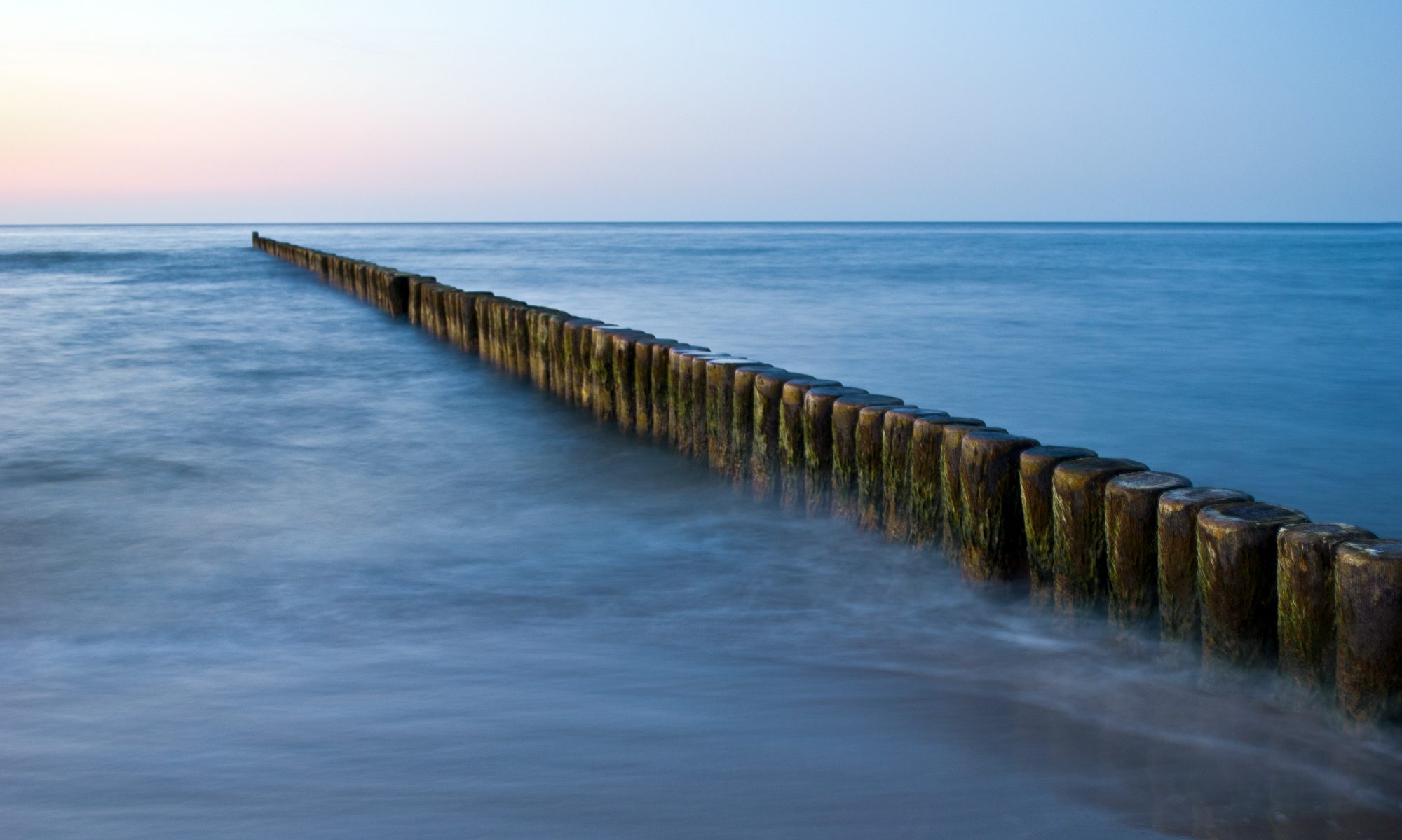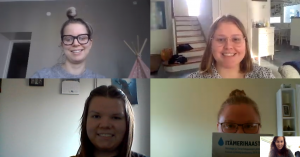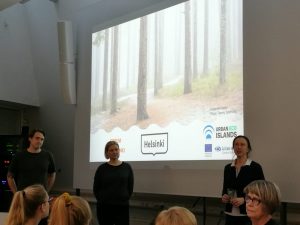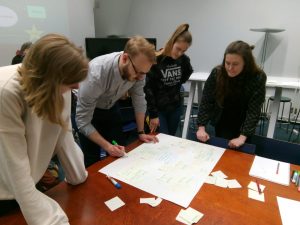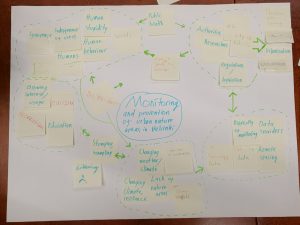Hello fellow students and teachers!
Our team, Salty Liquid, consists of 5 ECGS-students: Reija, Aku, Suvi, Saara and Pauliina. Our initial problem, from our partner e2, was how to ensure food and nutrition security for all. Since that is a huge global topic, we started to narrow it down. The Corona pandemic was getting worse and worse as the course started, so we decided to solve the possible problems that Finland’s food security might face. We met with our partner already last week and agreed the aim and the study type of our work.
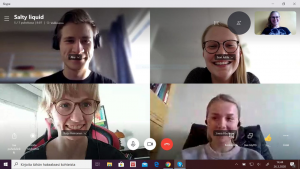
On Thursday we didn’t have a workshop, but we still felt like meeting with our team on Skype. Our group’s agenda for this week has been browsing social media and the news about the development of coronavirus’ effect on people’s thoughts about Finland’s food security. More specifically, we are now monitoring news and social media sites such as Twitter and Instagram. We want to find out whether there are weak spots in Finland’s food security during a crisis like the Corona pandemic. Our aim is to tackle down the difficult questions that rise up in public conversations and to find the right questions to ask in order to enhance food security and food policy in the future.
On Monday we decided to contact experts and each of our group contacted at least one professional. We chose experts from different sectors of the food chain: The National Emergency Supply Agency, Finland’s Martat ry, Wealth and spending expert from the University of Helsinki, Sitra and Diakonialaitos. It was a bit scary to call these experts, but we survived! (In the end, it was also pretty darn fun.)
On Thursday we went through all the answers we got from the experts and picked up the main points to Flinga, which we use as post-it notes now that we are doing this project online.
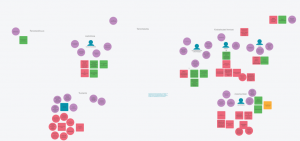
Shortly, what main points did we find?
Professionals are not worried; they have a high trust in Finland’s food security. Finland is well prepared and there is no stress of food ending in Finland, even though people are hoarding food from supermarkets.
There are some critical points that must be secured all the time, but thanks to a well-organized system, these are well handled. For example, ferries are important for Finland’s trading, but this is not only in Finland as it is a global necessity of fluent economy and food chain that trading continues even though pandemic.
Media has a huge responsibility on how they reflect the ongoing situation for people. Is it necessary to post pictures of empty food shelves, as this creates panic among people?
It is highly important to contemplate well-deliberated politics, so that misjudgments are not made.
But the research continues! The next step is to find connections between our professionals’ comments and start the detective work of “what are the pondering questions of Finland’s food security?”

